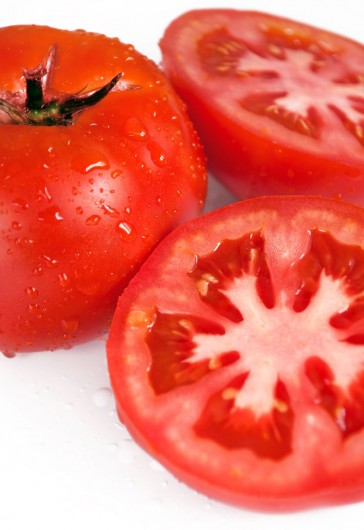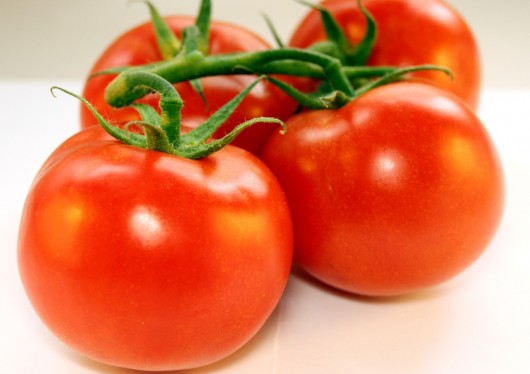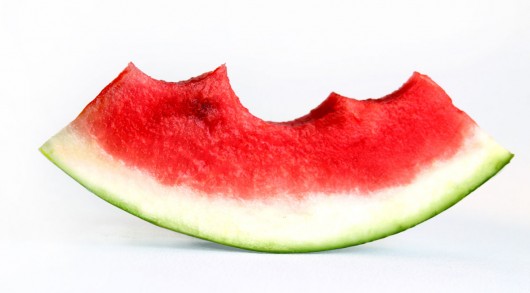You may already have heard tomato juice described as a “super food” but you may not know exactly why it was placed in this healthy food category. The health benefits of tomato juice are numerous and range from cancer fighting properties to heart and bone health. One look at the list of vitamins and minerals can help you understand just how beneficial this juice can be for the human body. With vitamins C, A, K, E, B1, B2, B3, B5, B6 and the minerals potassium, magnesium, iron and phosphorus; along with protein, fiber and lycopene, it’s easy to see that tomato juice can be very beneficial for your overall health.
The Antioxidant Lycopene
Lycopene is a very unique antioxidant that is found to be abundant in tomato juice. It helps the human body rid itself of free radicals that damage your cells. Because of this ability to defend your cells, lycopene has been proven to help your body prevent nearly every type of cancer by flushing out carcinogens while also defending your body against atherosclerosis, heart disease, and even heart attacks. It is even believed by many scientists that this super antioxidant can help to prevent osteoporosis by encouraging bone health. Also, it has been shown that lycopene can reverse skin damage from ultraviolet light because of its strong antioxidant properties.

Lower Blood Pressure and Cholesterol
If you are one of the many people suffering from high blood pressure or an increase in LDL (bad) cholesterol, then you may want to start drinking more tomato juice. The good source of potassium you get in a cup of tomato juice helps regulate blood pressure. The fiber and vitamin B3 in this juice will help to lower bad cholesterol.
Prevent Heart Attacks and Stroke
Potassium also helps your heart (as well as the other muscles in your body) to function properly, which can prevent a heart attack. At the same time, there are compounds called platelet factors that help to prevent blood clots. This can also prevent heart attacks and even strokes. The vitamin B6 helps breakdown homocystene, a compound that damages your blood vessels, keeping your heart and major blood vessels healthy.
Increase Bone and Joint Health
I mentioned earlier about lycopene protecting bones and keeping them healthy. The Vitamin C in tomato juice also keeps bones and teeth healthy. There are many great antioxidants in tomatoes that help defend your bones against free radicals. A recent scientific study showed that taking tomatoes completely out of someone’s diet actually became detrimental to their bone density.
Tomato Juice Will Boost Your Immune System
Of course with the excellent source of vitamin C, you probably already realize tomatoes are good for your immune system. The antioxidants and vitamin A are also good for boosting your immune system. The B vitamins and amino acids also help your immune system because they are important for building those immune system cells. With a healthy immune system you are less likely to become ill and, if you do get sick, you will fight it off much more quickly.
Other Health Benefits Of Tomato Juice
Tomato juice has been shown to help prevent certain cases of Alzheimer’s disease possibly due to the rich source of antioxidants. Tomatoes also seem to help people manage their diabetes better and even reduce obesity. In animal studies, consuming tomato juice appears to prevent emphysema, probably because of the great source of antioxidants protecting the lungs. On top of these benefits the B vitamins in tomato juice can give you more energy, improve your memory and make you feel better overall.
Every day scientists are uncovering more health benefits of this super food and, although many more disease preventions are associated with the tomato, it is not yet understood how the preventive properties work. More research is being conducted to affirm and determine the true health potential of this amazing fruit. It is like a tasty wonder drug with no negative side effects.



